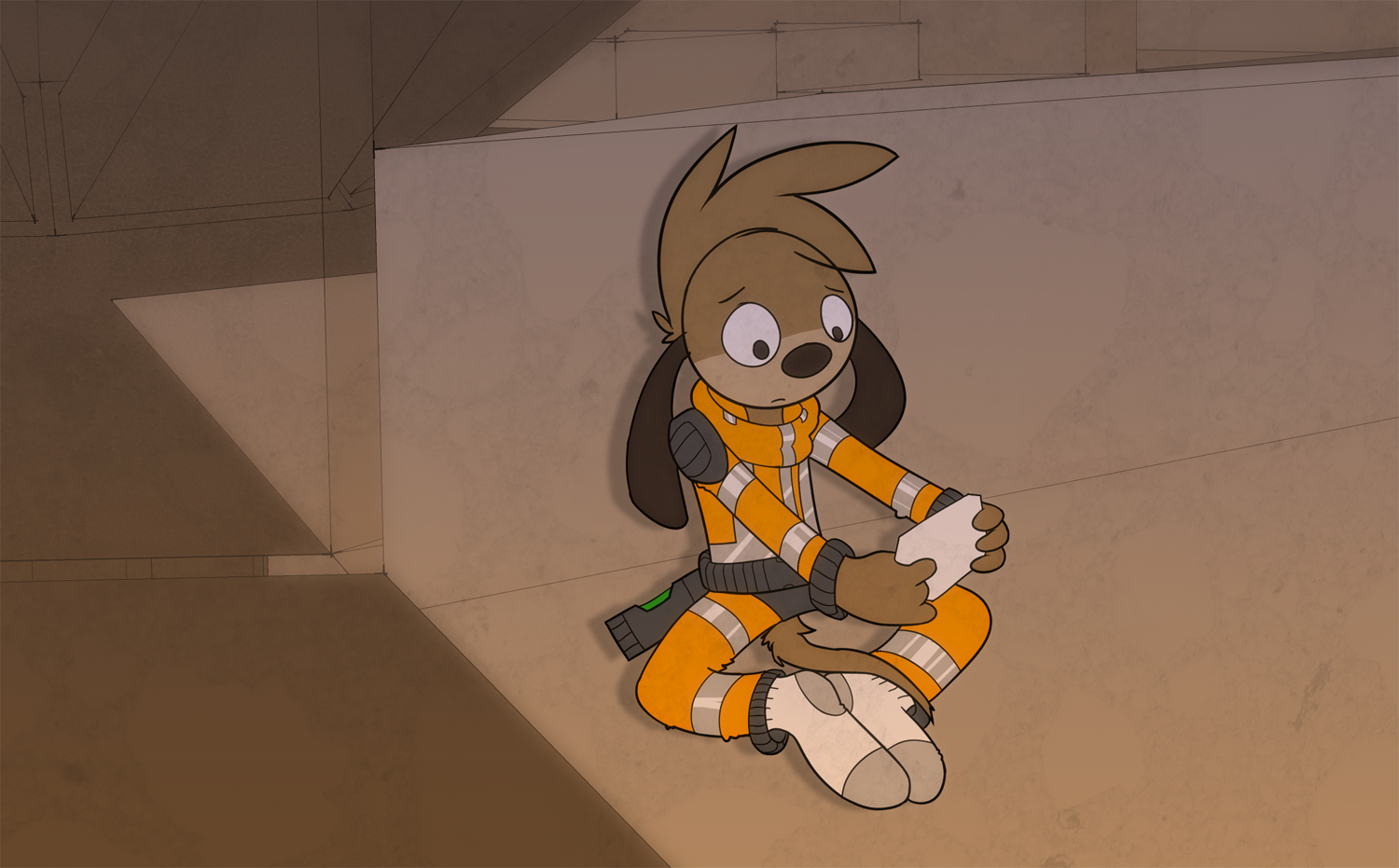While magical thinking is a common habit that many advertisers rely on to sell their worthless junk, Thom isn’t exceptionally vulnerable to it–he’s not got a strong belief in miracles. Odd then that he has such a superstitious relationship with gambling scratchcards.
These little broken promise coupons have been around for centuries, and they’ve not really changed much. Petrochemical-based synthetic paper has replaced wood pulp paper, but otherwise they’d be recognisable to someone from the 21st century: some kind of colourful artwork arranged around a baffling theme; brazen lies about life-changing sums; matrices of silvery scratch panels; bewildering small print and loopholes on the reverse.
Maybe they’ve stayed such a constant because of their expert, low-overhead manipulation of a seemingly endless resource: the accumulated pools of hope that even the most desolated people can find deep inside themselves. For Thom, the process of obtaining a scratchcard begins with the decision–usually impulsive–to buy it in the first place. He’s not a habitual gambler (yet) but he’s definitely been guilty of acting on a certain feeling. More often than not, if he gets the feeling–something that happens most frequently when he is standing in a line and he sees an affordable scratchcard positioned to take advantage of bored, wandering eyes–he will buy one.
Obeying that feeling and making that purchase is the beginning of a process that can last for days.
Planning to scratch that first panel in a few hours’ time. Revealing the first symbol, and trying to infer meaning from it: how much would I get if I got three of these diamonds/safes/money bags? Would it be enough? How much of my debt could I pay down?
Setting goals for putting off revealing the next panel. After I’ve done the cargo inventory. Once I’ve updated the subscription trackers. When I’ve chased the customer surveys.
Revealing another symbol, and being deluged by speculation: what does this mean? What do the rules say about this? Can I still win?
Finally, after hours or days of this, depending on the card, he will be unable to resist, and frantically scratch the rest off the paper clean, only to be crushed by the reality of failure once more. He’ll toss the card and vow never to buy another–what’s the fucking point?
But he never means it. And each time that he relents, startng the process again, it takes longer. Eventually, at this rate, he’ll reach the point where he has a scratchcard permanently tucked into a pocket, with one panel left unscratched, afraid to finish the job and collapse the potential outcomes into the inevitably disappointing truth.
Somewhere underneath this spiral into ritualistic absurdity is one idea, glinting off that tiny pool of hope deep inside: you haven’t lost until you’ve scratched off the last panel. Thom’s not bright enough to see the gigantic metaphor staring him in the face. But somewhere, if only in the most dispersed and diffuse version of conscious thought, he might be able to perceive that, if can just transfer this logic to the rest of his life, maybe he can cling on just a little bit longer. As long as he doesn’t forget that all scratchcards have an expiry date.
